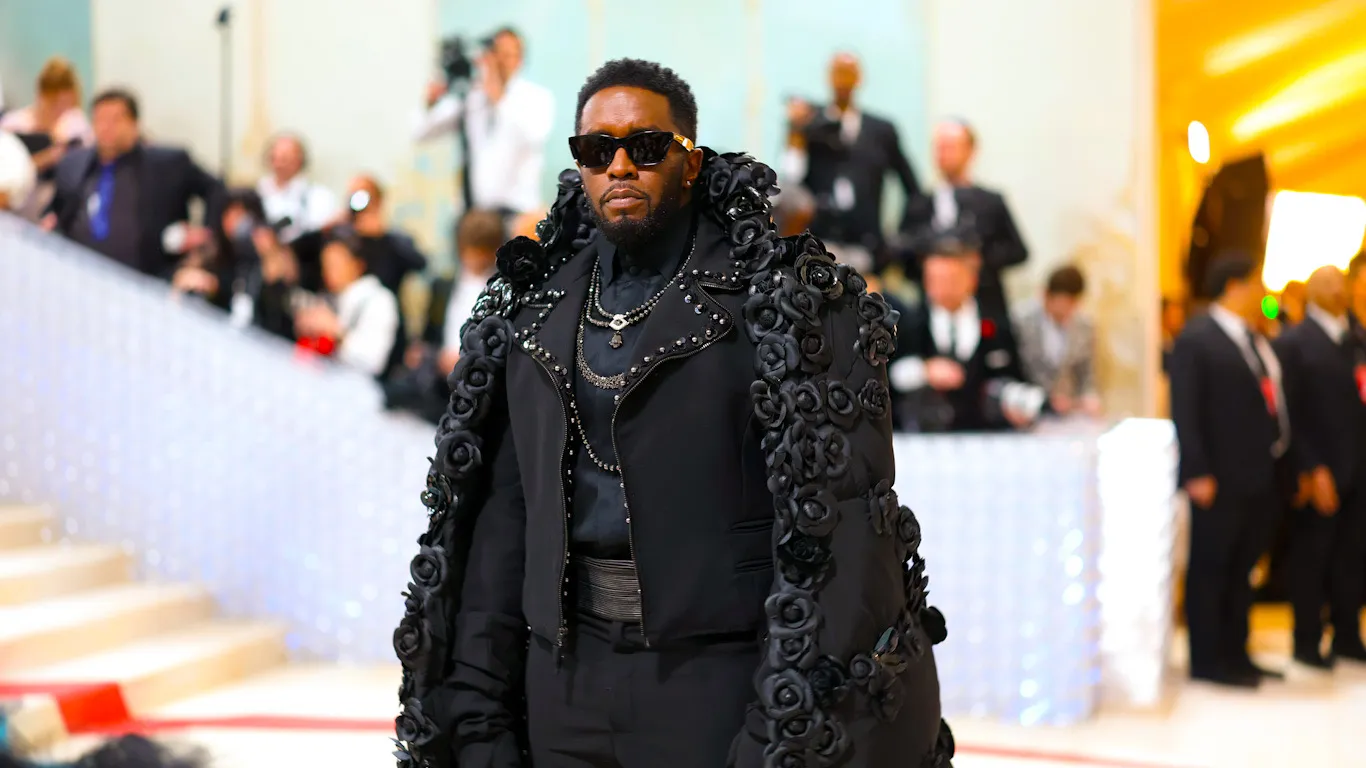New report shines light on why it took so long for the Diddy allegations to come to light

The situation surrounding Sean “Diddy” Combs is indeed complex and deeply troubling, especially considering the serious allegations he faces. The length of time it has taken for these claims to surface and gain traction raises many questions about power dynamics, fear of retribution, and the challenges victims face in coming forward.
The history of allegations against Diddy dating back to 1991 suggests a long-standing pattern of behavior that may have been overlooked or silenced due to his influence and wealth. The revelation of the leaked footage showing Diddy allegedly abusing Cassie seems to have acted as a catalyst, prompting a wave of renewed scrutiny and action from those who have suffered in silence.
The insider’s comments about Diddy’s power and control over his environment highlight a common issue in cases involving prominent figures—fear can be a significant barrier to speaking out. Victims may hesitate to come forward due to concerns about retaliation, both personally and professionally. This is exacerbated when the accused has a history of using their influence to protect themselves from consequences.
Janice Combs’ statement adds another layer to the narrative, showcasing the emotional toll these allegations have taken on the family. While she urges the public to keep an open mind, the strong emotions involved underscore the complexities of familial loyalty versus the gravity of the accusations. The call for a fair judicial process is important; however, the public’s response can be swift and unforgiving, often influenced by media portrayals and societal narratives.
Diddy’s denial of the charges and his mother’s plea for understanding illustrate the tension between public opinion and the legal process. As the trial unfolds, it will be critical to see how the evidence presented shapes perceptions and whether the court can provide a fair assessment of the allegations against him. This situation serves as a reminder of the broader issues of accountability and the importance of addressing allegations of abuse, particularly in cases where power dynamics create significant barriers for victims.
Ultimately, the unfolding story is not just about Diddy but reflects larger societal issues regarding abuse, power, and the justice system’s role in addressing these challenges. As the trial progresses, the hope is for a thorough and impartial examination of the evidence, allowing for both accountability and justice to prevail.



